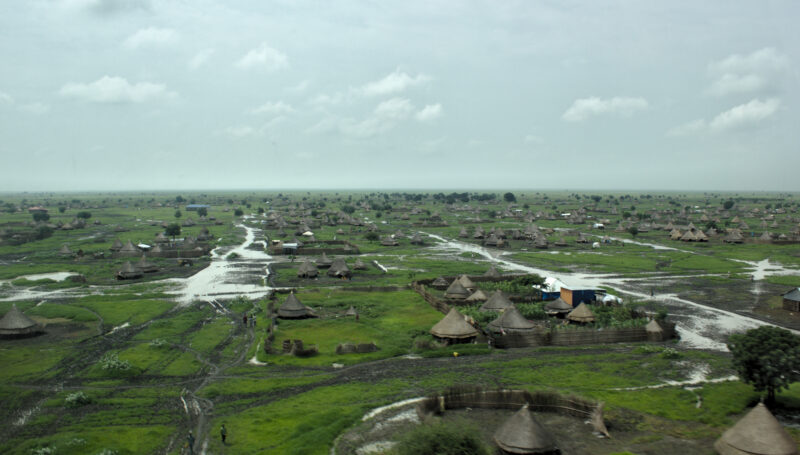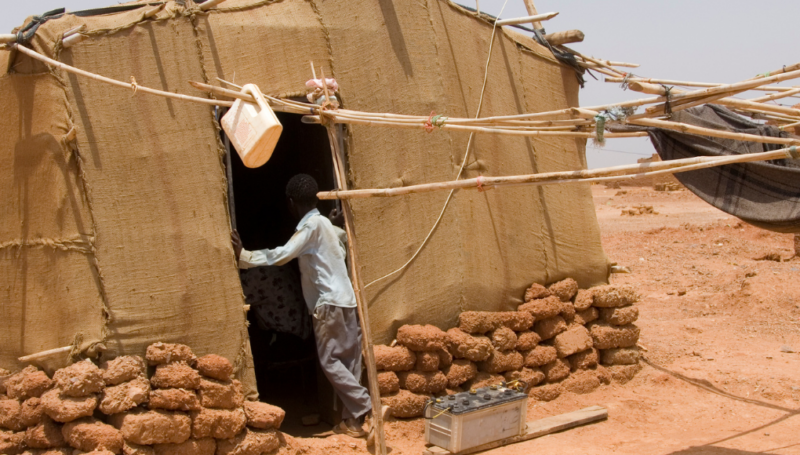As of 2024, Haiti faces an unprecedented humanitarian challenge marked by a resurgence of violence and persistent climate shocks. Our latest brief, highlights the severity of this multidimensional crisis, with over 5.4 million Haitians—nearly half the population—in crisis-level food insecurity or worse. This complex situation is compounded by limited access to essential services, deteriorating infrastructure, and barriers to humanitarian aid, resulting in a rapidly worsening outlook for vulnerable communities.
Key Messages
- 5.41 million Haitians are in critical need due to food insecurity, with many communities unable to access reliable sources of food and essential goods.
- Violence and armed group activity have disrupted market access and essential supply chains, increasing the cost of basic goods and complicating humanitarian aid delivery.
- The crisis in Haiti is exacerbated by recurrent climate shocks, such as droughts, hurricanes, and floods, which are overwhelming inadequate infrastructure and threatening livelihoods.
- A sustainable, coordinated response that addresses immediate humanitarian needs and long-term resilience is critical to mitigate the risk of further deterioration.
The Urgent Need for a Sustainable, Multi-Sectoral Approach
The escalating violence throughout Haiti has not only forced thousands into displacement but has also disrupted access to markets, healthcare, and education. Road blockades and armed groups control key supply routes, preventing communities from securing the resources they need to survive. Meanwhile, climate shocks—cyclones, heavy rainfall, and droughts—continue to hit these vulnerable populations, causing long-lasting impacts that weaken household resilience, disrupt livelihoods, and damage housing conditions, making recovery increasingly difficult.
In this challenging context, our report underscores the importance of sustainable, multi-sectoral support to address both immediate needs and the root causes of the crisis. Key recommendations include improving access to clean water and sanitation to prevent disease, supporting local agricultural production to strengthen food security, and reinforcing essential infrastructure to build community resilience against future shocks.
A coordinated, inclusive approach that leverages local knowledge and partnerships will be essential in building a resilient foundation for recovery and future development. By addressing these critical needs, humanitarian actors can help Haiti mitigate the impacts of current challenges while creating sustainable solutions for the future.
For more information on the findings and recommendations, access the full report here.









